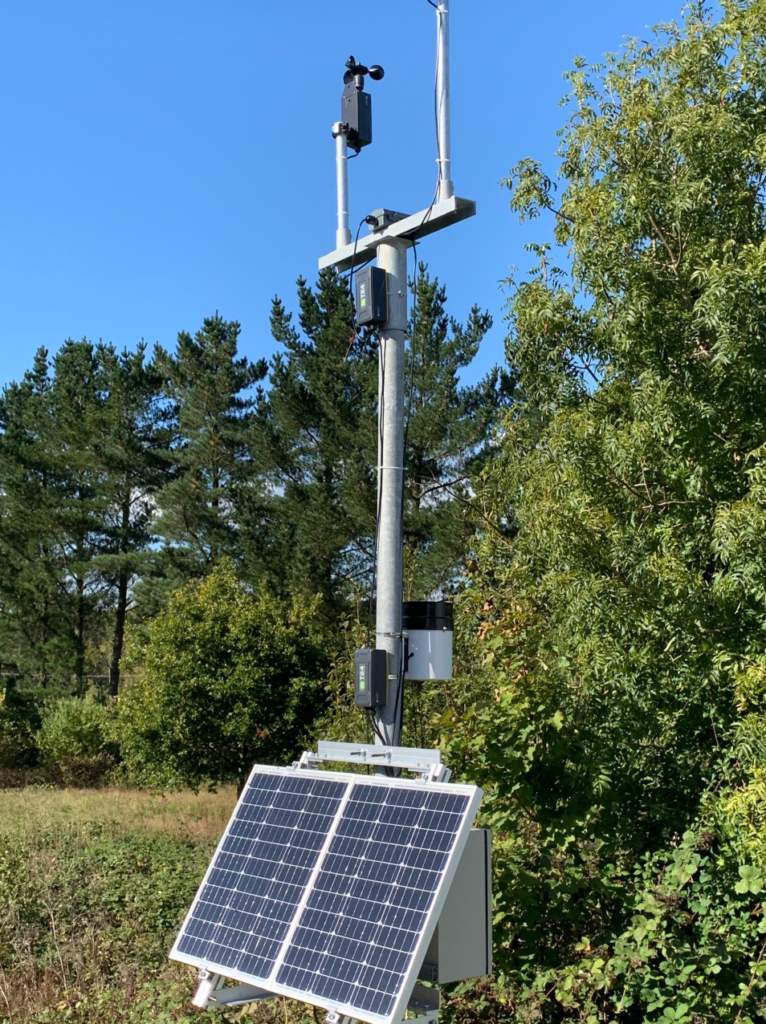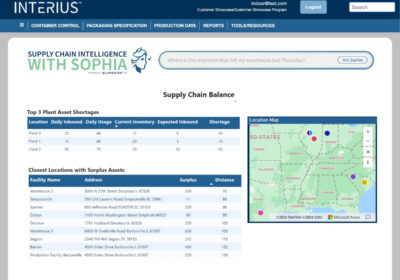Since the emergence of Industry 4.0, advances in performance monitoring capabilities have improved industry’s ability to analyse large volumes of data in real-time. However, what approach should businesses take when maintaining physical data records and backups becomes too costly or time consuming? Here, Mantracourt explains how site managers can use cloud-based platforms to optimise data monitoring systems, reduce operating costs and save time.
Wireless sensors, particularly those monitoring large or complex processes, can gather lots of data, which is then stored in a format such as CSV for analysing in a spreadsheet. Manually analysing all this data can sometimes be laborious and time consuming.
It’s clear that asset managers need a better place to store, visualise and monitor their data repository, combined with a customisable automated alerts system to let them know when there is a problem so they can act immediately to protect key assets.
Cloud-based remote monitoring
With the rollout of Industry 4.0 and IoT technology, the benefits of installing cloud-based remote monitoring systems across a facility are more compelling than ever. It is becoming increasingly clear that this is the most convenient and cost-effective way of managing system performance. By remotely monitoring and managing assets over long periods of time, industry reaps the rewards in the form of lower operating costs, faster response times and better service levels.
Cloud-based remote monitoring systems, like Mantracourt’s SensorSpace® platform, are becoming increasingly popular across a variety of industrial sectors including agriculture, food and beverage and construction. For example, site managers in an agriculture setting may use it to monitor for humidity or pressure changes in a grain silo. Any undetected change to the conditions in a silo may threaten the integrity of the product, as well as the safety of the container. In the event of a problem, the appropriate personnel can be notified immediately via SMS, email or app-based alerts so appropriate action can be taken quickly.
Site managers are also recognising the benefits of being able to store and analyse all their data in one easy-to-use umbrella platform, rather than having to consolidate several complex spreadsheets. Having the ability to customise your data dashboards, from simple numerical displays of operational parameters to in-depth graphical summaries, will inevitably save a lot of time.
Furthermore, there are financial benefits associated compared to data monitoring methods. For example, a company who provides heavy industrial jacking applications for the construction industry must precisely pre-set an array of hydraulic jacks to a specific stroke length at a specific pressure. The static data from these installs can be fed directly to SensorSpace for round the clock remote monitoring. Financially, the installation can be quicker because a wireless system removes the need for running cables and the company removes the need for sending personnel to site for data monitoring and extraction. There may also be cases where the number of jacks were able to be reduced on site.
With much of the world still under restrictions because of the coronavirus pandemic, and with a long road to recovery ahead, site visits and manual system inspections have not been able to proceed as normal. In many cases, businesses that rely on these to capture operational data across their facility have been unable to regularly collect system data over the last year.
Cloud-based remote monitoring systems are no longer just the most cost-effective way of collecting system data, they are now the only way to do so in many cases. SensorSpace® provides asset managers with the ability to monitor and analyse system performance 24/7, even if they’re working from home.
To find out more about how you can take advantage of remote monitoring technology to manage key assets and overall system performance, or to enquire about SensorSpace®, call +44 (0) 1395 232 400 or visit Mantracourt’s website.








